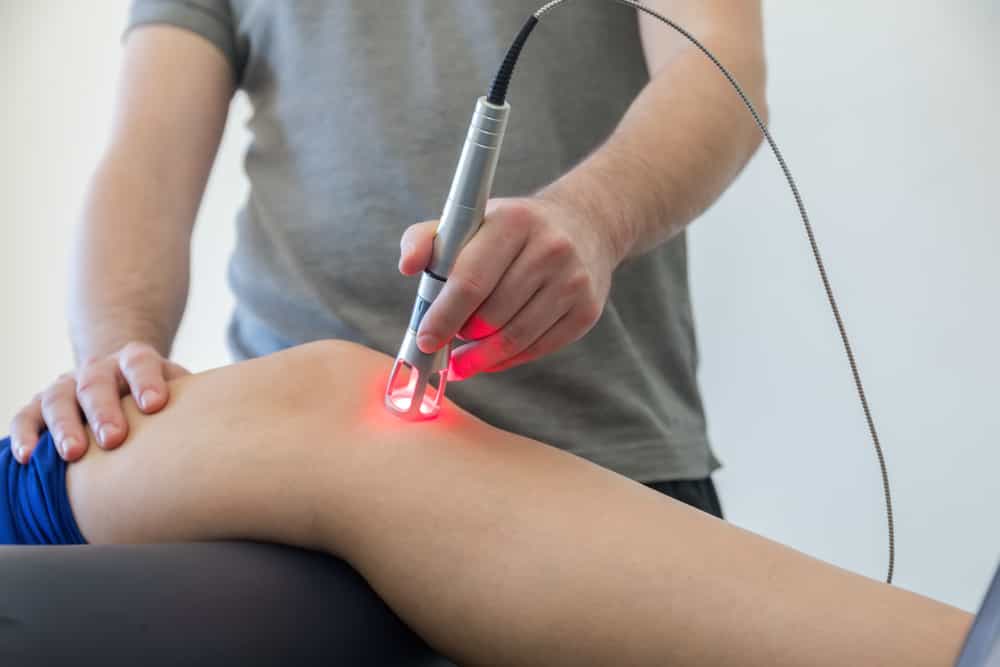Treatment of knee pain

Knee pain has different causes as mentioned before, and a single treatment for all conditions is not practical. Most cases, however, are mild and can be treated at home using the following home remedies:
- Rest: This can’t be stressed enough. Our bodies heal by themselves in most cases, and in cases of ligament sprains, tendonitis, bursitis and any inflammation from overexertion, the main treatment is to allow your body to rest and heal.
- Ice packs: Ice packs can help reduce the swelling and inflammation especially in cases of injuries and acute inflammation, thus relieving pain.
- Elevating your leg: Gravity helps increase swelling, and counteracting it reduces swelling and inflammation. This is especially true during sleep. Elevating your leg on one or two pillows while sleeping can sometimes do miracles since swelling can also hinder the body’s ability to control the inflammation which is maximal at night while sleeping.
- Compression: Sometimes, applying moderate compression on the swelling can help reduce the pain and improve healing. Do not over compress your joint, though, lest you should cut off the circulation to your foot if you occlude your arteries.
The above regimen is called the RICE regimen and is the optimal treatment of all inflammatory joint pain.
- Gradual exercise: Once the pain starts diminishing, gradual exercising is a must to return to optimal joint health, just remember not to overstress it while it is healing.
- Topical anti-inflammatory ointments: Many ointments are available for pain relief. They are applied directly over the inflamed joint and can cause rapid pain relief. They commonly contain salicylates.
- Oral pain relievers: In some cases, some systemic pain relief is a must. The best pain reliever is Paracetamol for use at home. Other over-the-counter medications like Aspirin, Diclofenac and Ketoprofen are not safe for prolonged use and should only be used as prescribed by your doctor. One of the commonest mistakes that people with joint pains do is using these pain killers on their own, exposing themselves to stomach and kidney damage.
